Quantum Sensing
One of the most exciting areas where quantum is making a difference today is sensing. A team at the University of Birmingham, in collaboration with the Defence Science and Technology Laboratory, RSK Group, and Teledyne e2v, has successfully demonstrated a quantum gravity gradiometer that can detect a buried tunnel 1 meter underground. They are calling it the ‘Google Maps of the underground.’
Quantum technology will also enable us to create smarter, more efficient power grids that can adapt to fluctuations in supply and demand in real-time. E.ON, a major energy company, has used quantum annealing to optimize its power grid operations.
Qubit Engineering is using quantum-inspired capabilities available on the Azure Quantum platform to optimize wind farm layouts and, in doing so, capture more available energy with the same physical wind farm assets. The list goes on. The quantum hum grows louder by the day.
Enhanced Decision Making
Quantum optimization algorithms might one day help architects and engineers design structures that are more resilient and sustainable, where every building is equipped with a network of quantum sensors, continuously monitoring its structural integrity and energy efficiency.
But perhaps most excitingly, quantum technology will transform the way we make decisions. From urban planning to resource allocation to policymaking, many of the most consequential choices we face involve navigating vast amounts of complex, often contradictory data.
The UK’s Defence Science and Technology Laboratory (Dstl) has worked with PA Consulting to develop prototype tools that leverage a hybrid of classical and quantum computing techniques. These tools can rapidly explore the trade-offs involved in high-stakes decisions, such as optimizing resource allocation, mitigating risks, and balancing competing objectives.
A World-Class Ecosystem
If the UK is to lead the quantum revolution, we must also create an ecosystem that nurtures innovation, attracts top talent, and supports the growth of quantum businesses. This means investing in state-of-the-art laboratories, computing facilities, and testing environments—the kind of spaces where brilliant minds can come together to push the boundaries of what’s possible.
























